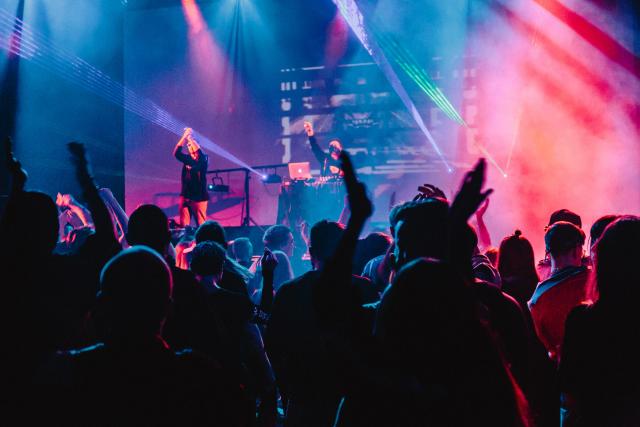A study from RMIT has revealed Melburnians are heading into the CBD for its nightlife but still opt to work from home.
The study compared pedestrian counts from 2019 to 2022, and showed weekend traffic returned to about 92 per cent of the 2019 figures and looks to exceed current estimates.
This is in contrast to some pedestrian counts on weekdays in 2022, which are back to only about 59 per cent of the 2019 figures.
Researcher associate professor Ashton de Silva said recovery for cities and regions may be a long and difficult process, but information such as pedestrian data will provide timely information.
“Pedestrian counts, available in real-time at high frequencies, can provide an opportunity to gauge the current situation,” Mr de Silva said.
“Forecast patterns in local level economic activity [can provide] valuable insight to local councils and urban planning.
“Our research indicates the broad change in working week-related engagement patterns… [and] it was particularly interesting, but not surprising, to see… prior to the pandemic the least busy day was Sunday, but now that has changed to Monday.”
The busiest times for weekdays of 8am to 9am, 12noon to 2pm, and 4pm to 6pm in 2022 are back to only about 45 per cent, 65 per cent, and 62 per cent, respectively, of the numbers in 2019.
RMIT said this indicates a high number of people are still working from home and those going into the city to work are starting later.
In comparison, the times of 8pm to midnight, and early hours after midnight to 4am, which are generally associated with nightlife, are back to about 89 per cent and 95 per cent respectively.
Mr de Silva said these statistics are pleasing to see but it cannot compensate for the decrease in weekday traffic.
“It is great to see pedestrian nightlife activity in Melbourne’s CBD has appeared to recover, however we suspect that this increased activity is insufficient to compensate for the decrease in worker traffic during the week,” Mr de Silva said.
“The longer the ‘blended’ office environment is maintained the more entrenched it may become, causing structural changes in the way we use the CBD.
“[This will result] in new challenges and opportunities.”







